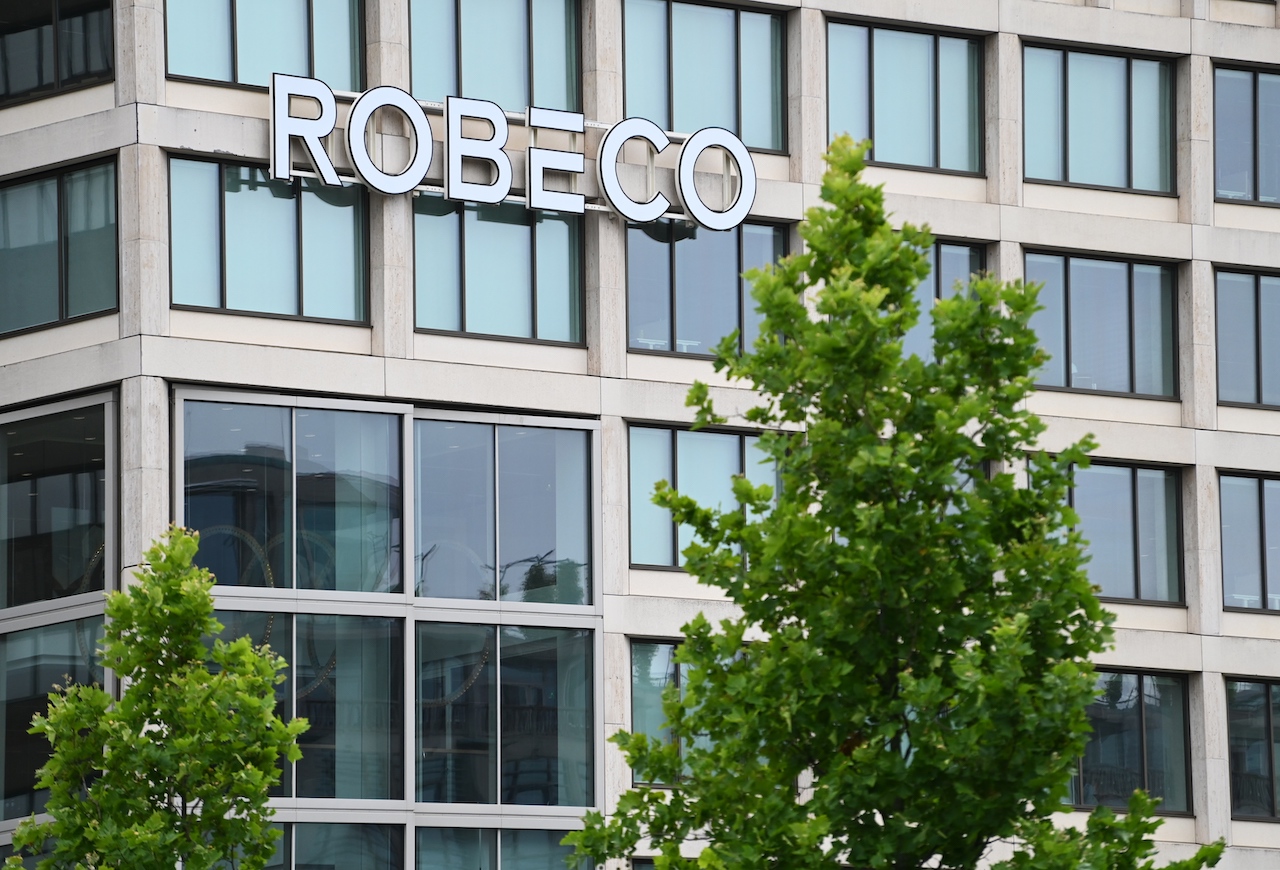The Dutch-based asset manager says it hopes the move will lead to better quality of data and faster development of common standards within the investment industry

Robeco is giving clients and academics access to some of its sustainable investment data in a move intended to bolster efforts to develop industry-wide sustainability standards and improve data quality.
The Sustainable Investing Open Access Initiative will initially provide users with free access to a database of sustainability scores for companies, based on their progress towards meeting UN Sustainable Development Goals (SDGs), which Robeco uses to inform its investment strategy.
The open access initiative aims to promote better collaboration within the investment industry on improving data quality and defining standards for sustainable investing, as well as helping clients make better-informed investment decisions by opening up the data to a wider audience.
Carola van Lamoen, Robeco’s Head of Sustainable Investing, told Impact Investor that, while asset managers have tended to protect intellectual property in order to boost the value of their proprietary investment processes, the challenges faced by the world required a new approach.
“I am convinced that opening up access to our SDG data to a broader audience could play an important role in developing industry-wide standards for measuring the positive and negative impacts of investments,” she said.
She also called for academics and other users to provide feedback to help make Robeco’s data and methodology more robust. The asset manager says it plans to make further sustainable investment data and intellectual property available to a wider group of stakeholders at a later time.
Three-step analysis
Robeco’s sustainability scores are derived from the company’s proprietary SDG framework, which was created in 2017. These allow Robeco to quantify an investee company’s contribution to the SDGs using a three-step sequence, which starts with a baseline sector SDG assessment, followed by a more rigorous, company-specific analysis including governance factors and ends with a final review of aspects of company activities that could negatively influence SDG impact. The resulting scores fall into one of seven categories ranging from highly negative (-3) through a neutral rating (0) to highly positive (+3).
The scoring dashboard allows users to look up each company’s total SDG score, as well as the score per SDG to which it makes significant contributions. The scores can be used to monitor particular SDG scores, to report on a portfolio’s exposure to the SDGs, and for research.
“We created our framework to generate the insights our sector needs to invest in companies with positive contributions to the goals, while also highlighting which companies hold back progress,” Van Lamoen said.
The framework aims to fill a gap Robeco believes exists in the sector by analysing the negative impacts of a company’s activities in terms of sustainability, as well as the benefits and impact on the bottom line.
“Conventional and well-established sustainable investing datapoints do not capture companies’ contributions to sustainable development, but tend to ask whether sustainable development has an influence on a company’s profitability. In addition, assessments that did look into companies’ impacts often only focused on positive contributions. I believe that sustainable investing also requires knowing when companies are responsible for negative effects,” she said.
Robeco’s SDG framework does not aim to capture the detailed impact of every business activity or indicators that are not easily quantifiable, but is rather intended to capture the primary drivers of a company’s impact on the SDGs from its core activities.
The SDG framework is used across many of the company’s client portfolios, including those of UBS Global Wealth Management, BBVA AM and pensioenfonds ING, all of which, Robeco says, support of the open access initiative.
Robeco, now owned by Japan’s ORIX Corporation, has been a pioneer in the developing a sustainable investment scoring framework using the UN SDGs. These are increasingly being used as a point of reference for the industry’s sustainability credentials.
This month, Impact Investor talked to KBI Global Investors about its approach to SDG scoring, and we also took a look at the latest publication by the Global Reporting Initiative (GRI) and the UN Global Compact, which lays out ways to improve and accelerate company reporting on their contributions to the UN SDGs.






